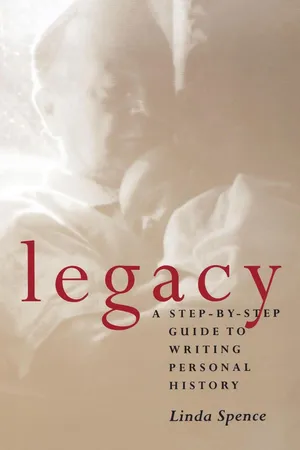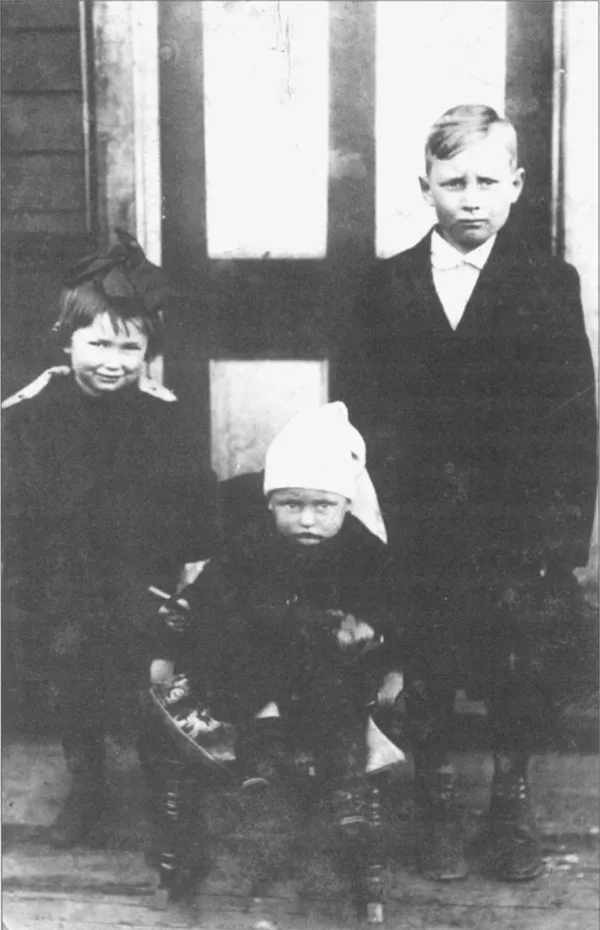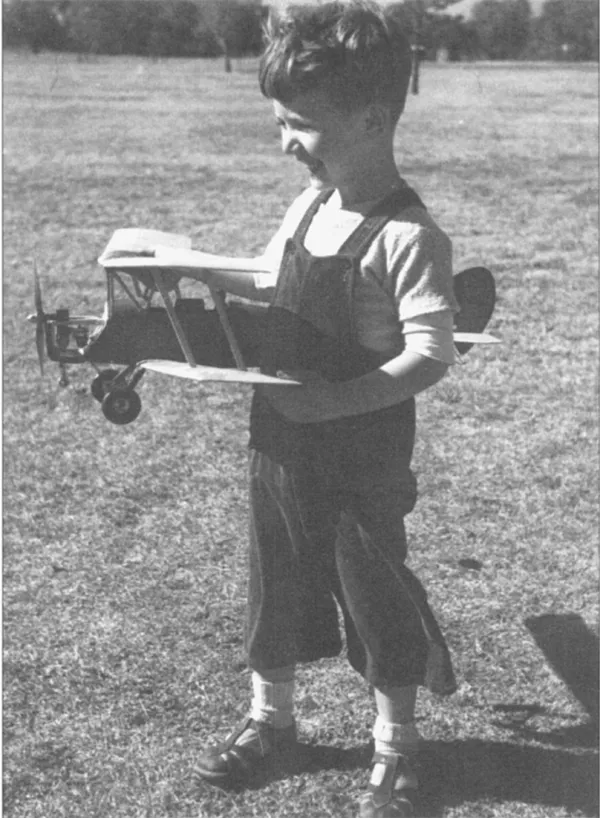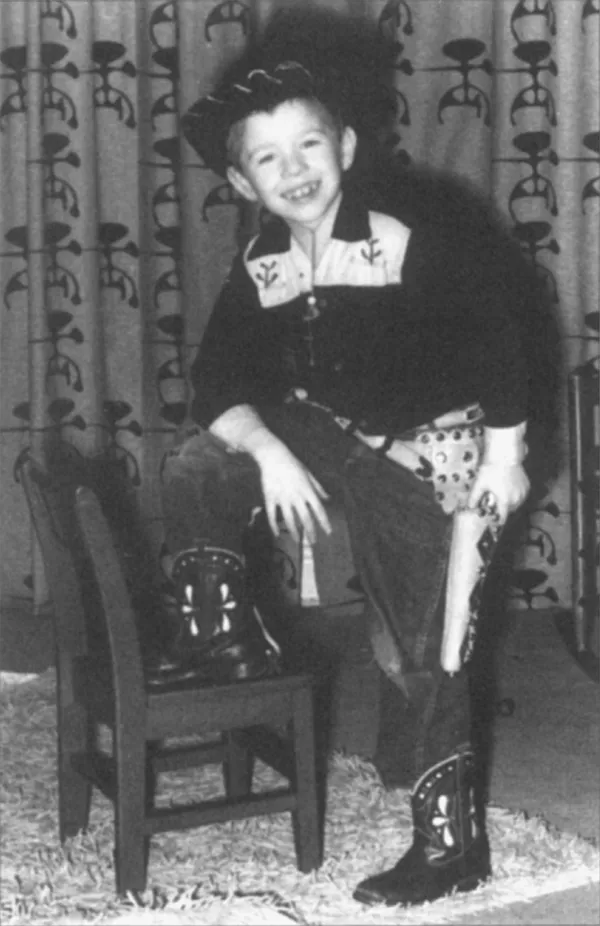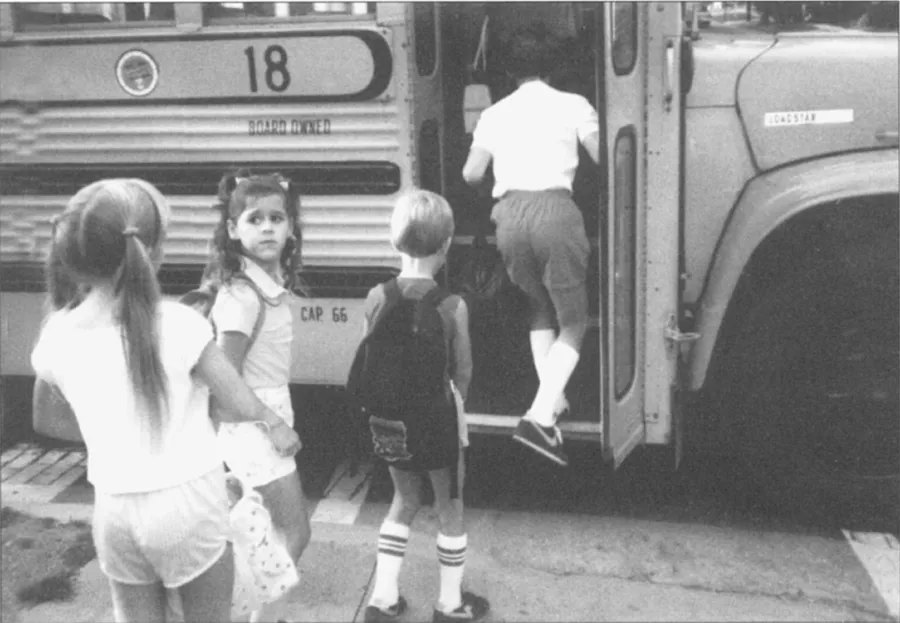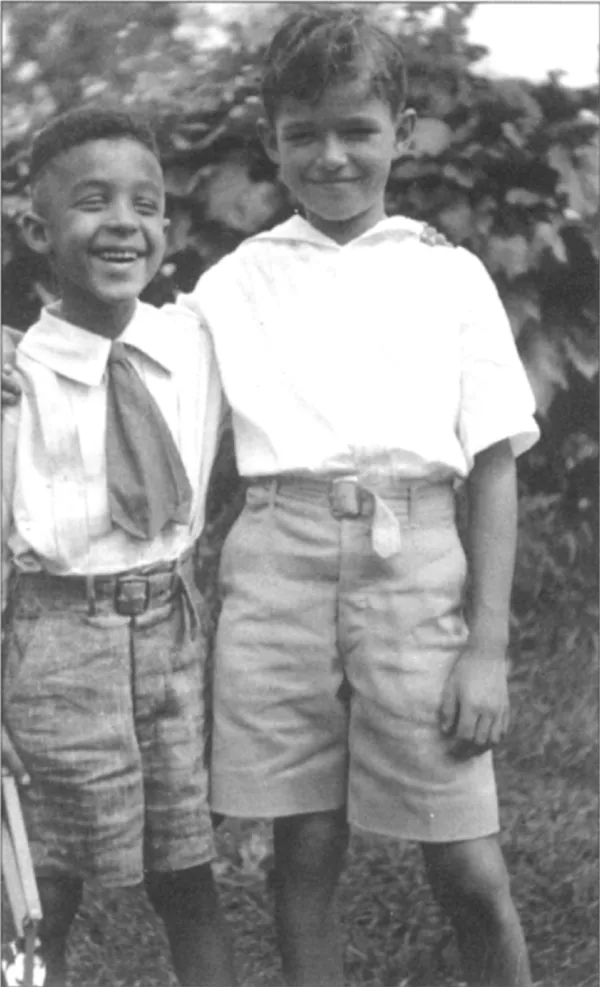![]()
Beginnings and Childhood
As a child, I had to dig to get stories from my parents’ childhoods, and the results were scanty. I pestered my mother, “Where did you ride your horses?” “Oh, I’d just ride.” Then I tried my dad, “Did you wear cowboy boots? Could you twirl a lasso?” Amused chuckle. “Well, did you? Could you?” “Don’t reckon so.” Big smile. A man of few words, and ‘reckon’ not one of them, he was in no rush to dash my fantasies about a life on horseback.
Often I chose the wrong times to ask, but I learned that my mother didn’t enjoy revisiting her childhood. Many years later, I found a way of drawing out her early years and as we shared her fun and tender memories she also told the stories that made it clear why she didn’t eagerly revisit those years. To my good fortune, she and my dad changed the rules and set out to give their children the kinds of memories they would gladly revisit. My grown children still prod, “Hey, Mom, tell us about the time when the frogs got loose in the car and when Uncle Roddy dyed the dinner blue.”
As we move through our lives, we carry with us the stories of our childhood. We may change them, forget or deny them, smile or cry over them, but, like charms or spells, they bring back a sense of who we were and how we came to be the people we’ve become.
Philosopher Jean-Jacques Rousseau said “nature wants children to be children.” As children, we were just being, while at the same time we were well into our journey of becoming. A very young friend told me once, “You know one of the best things about being a kid? Even if you’re not having fun or you’re really mad, you know that some things will happen that can make you feel good. Like pretty soon I’ll be able to ride a two-wheeler. Right now, I can go frontwards but I can’t turn. And next summer when I go swimming, I’ll open my eyes under water. Last summer I was scared to, but I’m practicing in the bathtub. There’s other stuff, too, but right now I like thinking about the bike and the eyes.” Important work, this childhood stage. We all did it—with the same fundamental needs but each with our own particular set of circumstances. What were yours?
Here are the questions and quotes to encourage you to tell how you grew, what you learned. Let us know what it was like to be you, to be in your childhood.
I believe that every life, irrespective of its events and setting, holds something of unique value, which it should be possible to communicate, if only one can first see one’s experiences honestly and then set them down without too much dressing-up.
—Iris Origo, Images and Shadows
1 List as many names as you can of the family tree. Tell what you know or have heard about any of your ancestors, other than your parents and grandparents. Where you can, include any birthplaces, places lived, or significant dates.
Write Life Path at the top of a fresh page. Now draw a line from the bottom corner of your page to the upper corner opposite. Use this as a timeline, pinpointing significant times of your life: when you were born, started school, left school, moved, married, began jobs; births, deaths, etc. Be sure to include when you begin Legacy and when you complete it.
2 When and where were you born? What were you told about your birth and infancy, and who told you?
One memory comes up which is perhaps the earliest in my life and is indeed only a rather hazy impression. I am lying in a pram, in the shadow of a tree. It is a fine, warm summer day, the sky blue, and golden sunlight darting through the green leaves. The hood of the pram has been left up. I have just awakened to the glorious beauty of the day, and have a sense of indescribable well-being. I see the sun glittering throughout the leaves and blossoms of the bushes. Everything is wholly wonderful, colorful and splendid.
—C. G. Jung, Memories, Dreams, Reflections
3 What are your earliest memories?
To set the scene for your childhood, describe some of the familiar everyday details. When did children generally begin school? What do you remember wearing for play and school? What were the main subjects taught and games played at school? Which toys do you remember playing with or wanting? What kind of transportation did your family have? Which were your favorite foods? What kinds of clothes were the adults in your life wearing? Feel free to talk about things you did not like, too.
4 Where did you live during your childhood and who lived with you?
The house was clapboarded, with a slate mansard roof; it stood high on a bank with an oak tree before it and a verandah ran around it on two sides. The windows looked out on the thickets, over the well in the yard, and toward houses two fields away. This was Oak Street, the first house we lived in, in Ballardvale. At first, everything went surprisingly well in it.
—Journey around My Room, The Autobiography of Louise Bogan
5 Picture a childhood home—sketch the plan of the rooms, being sure to mark any special place that comes to mind. How old were you when you lived here? See yourself standing outside the front door. Put your hand on the door and push it open. Begin walking slowly through your home and describe what you are seeing. Recall, in as much detail as you can, your favorite place to be. What did you do when you were home alone?
—Now go outside and walk around the outside of that home, describing what you see, and any favorite spot you liked to be.
—Tell of a memory from when you were four or five years old.
6 Where did you play?
Describe one of your favorite things to play with.
What kinds of “make-believe” do you remember playing?
What did you find amazing as a child?
What were your daydreams?
The dog of your boyhood teaches you a great deal about friendship, and love, and death: Old Skip was my brother.
—Willie Morris, My Dog Skip
7 Tell about any animals that you loved as a child.
8 What nicknames did you have?
The school opened infinite vistas for this six year old.
—Pablo Neruda, Memoirs
9 When did you begin school?
Recall your earliest memories of school. What do you remember feeling about your first few years in school?
What do you remember learning? What do you remember liking about school?
What was difficult or frightening?
School came to bore me. It took up far too much time which I would rather have spent drawing battles and playing with fire.
—C. G. Jung, Memories, Dreams, Reflections
Who was a favorite teacher? Why?
Which elementary school memories stay with you?
The friends we made in childhood were the first people outside of our family who had a real influence on us. They were our first contacts with the world beyond our home, and what we learned from them we’ve carried with us throughout our lives.
—Betty Conway
10 Who were your childhood friends and what did you most like to do together?
Who was your “best friend?”
How did your friendship begin?
What do you think you were given through this friendship?
How did the friendship fare through the years?
11 What did you do when you came home from s...
